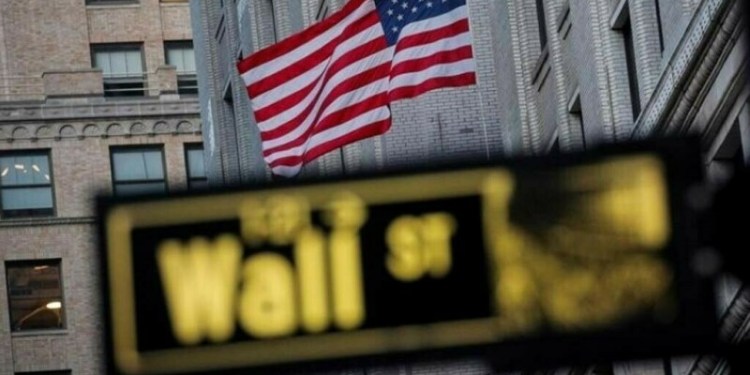Investing.com – Crude oil prices settled lower on Monday weighed by a rising dollar and fears that rising output would dampened OPEC and Russian efforts to rid the market of excess supplies, while expectations grew that US supplies were nearing their first build in eleven weeks.
On the New York Mercantile Exchange for March delivery fell 58 cents to settle at $65.56 a barrel, while on London’s Intercontinental Exchange, lose 1.38% to trade at $69.17 a barrel.
The dollar – which has played a part in the recent oil rally – found its founding, rising sharply against a basket of major currencies while pressuring dollar-denominated assets such as oil.
Dollar-denominated assets such as oil are sensitive to moves in the dollar – a decline in the dollar tend to make oil cheaper for holders of foreign currency and thus, raises demand.
Also weighing on supplies were signs of rising US output as the number of oil rigs rose the highest since September. This, in turn, renewed fears of rising US output offsetting major oil producers’ output curbs – as part of OPEC-led output-cut deal – to rid the market of excess supplies.
US crude output is nearing an unprecedented 10 million barrels per day after the Energy Information Energy Reported Wednesday domestic crude production rose to nearly 9.9 million barrels a day last week. That level is close to an all-time high of 10.04 million barrels per day (bpd) reached in 1970, bringing the US closer to world’s top producers Saudi Arabia and Russia.
The drop in oil prices, however, come against the backdrop of rising investor bets that oil prices would extend their rally.
The CFTC’s Commitment of Traders report showed that hedge funds added to their bullish bets on WTI crude oil as long net positions grew to 716,695, nearing record highs.
Fusion Media or anyone involved with Fusion Media will not accept any liability for loss or damage as a result of reliance on the information including data, quotes, charts and buy/sell signals contained within this website. Please be fully informed regarding the risks and costs associated with trading the financial markets, it is one of the riskiest investment forms possible.
Source: Investing.com



























